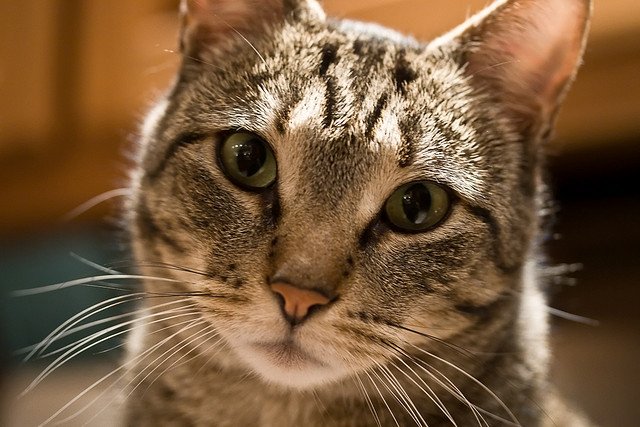By Alex Rake (The Cascade) – Email
Print Edition: March 18, 2015
Cats are going to poop. You’re going to need a way to get rid of it. But kitty litter has the potential to do harm to you and your cats, both from the chemicals in the litter and the parasites in the feces.
Make sure to research the contents of your litter for what kinds of chemicals and how much of them are in it. Many brands of kitty litter are made from sodium bentonite clay and silica gel. Sodium bentonite clay is non-biodegradable, and so if it is ingested little by little over time by pets or humans, it can, according to Natural News, cause “bowel blockages, kidney problems, dehydration, an inability to absorb nutrients, and if left untreated can quickly lead to death.”
Silica gel is considered a human carcinogen by the International Agency for Research on Cancer, so you definitely want to avoid inhaling it. Keep in mind that some litters are made from natural ingredients like walnut shells, which minimizes the amount of potentially harmful chemicals needed for the litter to work.
Beyond the litter, contact with cat feces can lead to infection by Toxoplasma gondii, a parasite that causes toxoplasmosis. The Centres for Disease Control and Prevention (CDC) says that while toxoplasmosis “is considered to be a leading cause of death attributed to foodborne illness in the United States … very few people have symptoms because the immune system usually keeps the parasite from causing illness.” Those with weakened immune systems and pregnant women are therefore most at risk and should avoid litter duty.
According to the CDC, toxoplasmosis is dangerous to pregnant women because it can cause birth defects such as eye or brain damage, or even miscarriage. Outside the womb, it can cause visual impairment via tearing of the eyes and chronic headaches. According to Health Day News, there has also been a link found between toxoplasmosis and the production of GABA chemicals. The disturbance of the GABA system also occurs in people with depression, schizophrenia, bipolar diseases, and anxiety syndrome — although no cause-and-effect relationship has been found. Perhaps this is where the notion of the “crazy cat lady” comes from?
In healthy people, toxoplasmosis might only manifest as flu-like symptoms, so just be aware of its potential without getting too terrified about it. The CDC suggests keeping cats indoors so they don’t contract Toxoplasma gondii from whatever dead animal they come across.
The Nest, a website dedicated to tips and tricks for new homeowners and newlyweds, gives these suggestions to minimize the negative effects of litter boxes in the home:
•
Don’t keep the litter box near where you eat or where you prepare food.
• Clean the box every day.
• Wash your hands after dealing with the litter.
•
Use plastic liners that can seal the litter instead of just dumping it freely.
•
Disinfect the box at least once a month by filling it with boiling water.
• Don’t inhale the litter! (Perhaps wear a face mask)!
Of course, the benefits of having a cat outweigh the potential dangers of dealing with its poop, but there’s no sense poisoning yourself and your pets if you can prevent it. Be aware of what your brand of litter is made of, and keep on top of the cat poop situation; if not for your cat’s sake, then for your own!


